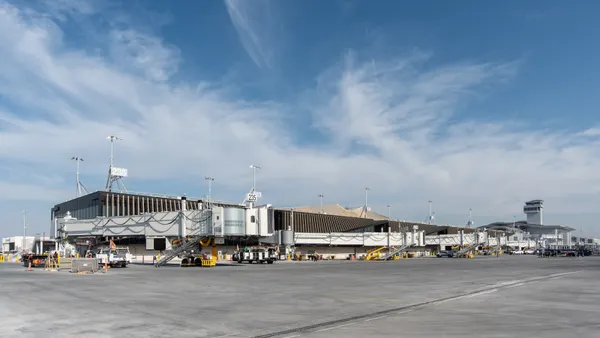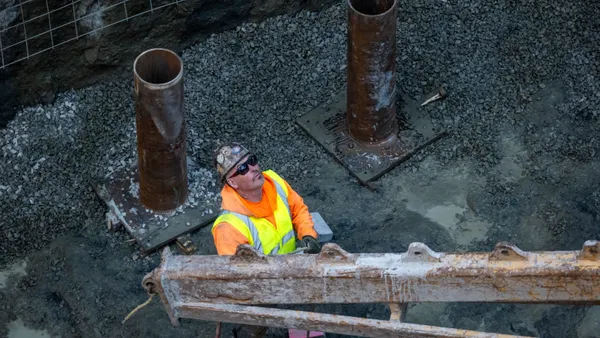Dive Brief:
-
In the last 10 years, the homeownership rate among people aged 25 to 44 has dropped by 10 percentage points, per a recent study conducted by Fannie Mae and the University of Southern California, HousingWire reported.
-
Fewer millennials own homes for numerous reasons, including the foreclosure crisis, a lack of entry-level inventory, a slow job market and stringent mortgage lending. Millennials are also waiting longer to get married and have children.
-
There was a correlation between higher education and potential increases in salaries and wealth, which could raise the millennial homeownership rate by 1.5 percentage points in the next 20 years. Closing racial education gaps could raise the rate by 2.5 percentage points. And doing both those things could push the rate up six to seven percentage points during that time.
Dive Insight:
It’s not so much that millennials don’t want to own homes as it is that they lack the opportunity to. Roughly half of new homes are priced below $300,000, one Moody’s director told Construction Dive last year. Prices higher than that can be too costly for a first-time homebuyer, who might also have student loan debt or a salary that cannot cover a mortgage just yet, let alone save up a down payment.
First-time buyers, many of whom are millennials, currently account for a 33% share of home sales, up from 29% during the last market trough but still off of their 40% pre-recession take, Realtor.com Chief Economist Jonathan Smoke told Construction Dive last fall.
Just because millennials aren’t looking to buy a home right now doesn’t mean they don’t want to buy one at all. Late last year, Ali Wolf, manager of housing economics at Meyers Research, asked 1,000 millennials across the country about their housing situation. More than half (55%) said they’d purchase a home within the next five years. Meanwhile, 30% said they’d buy in one to three years, and 25% planned to own in three to five years.
In addition to cost, availability will also determine when millennials will buy. The share of starter homes on the market fell 8.7% during Q1 2017 as the median list price for those properties increased 8.3% year-over-year during the period, according to Trulia. Although it’s slowing, the high cost of rent could push millennials to buy a home sooner than later if they can afford to.
New technology could also play a role in getting the generation to purchase homes by streamlining the process and making relevant information easier to find. Zillow recently launched RealEstate.com, which aims to help first-time buyers understand the costs associated with homeownership. Other mobile and web applications that integrate social media, chat capabilities and email to assist in home searching will go a long way toward turning more millennials into homeowners.










